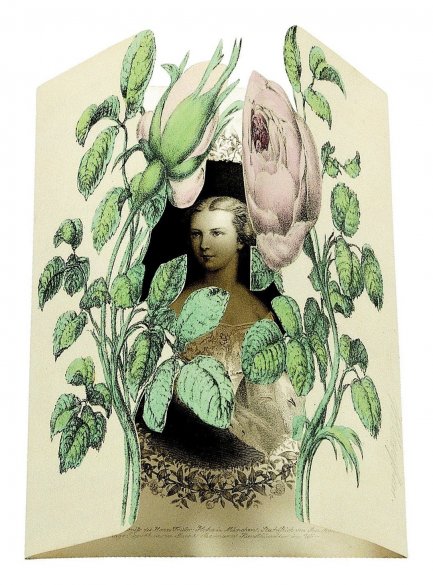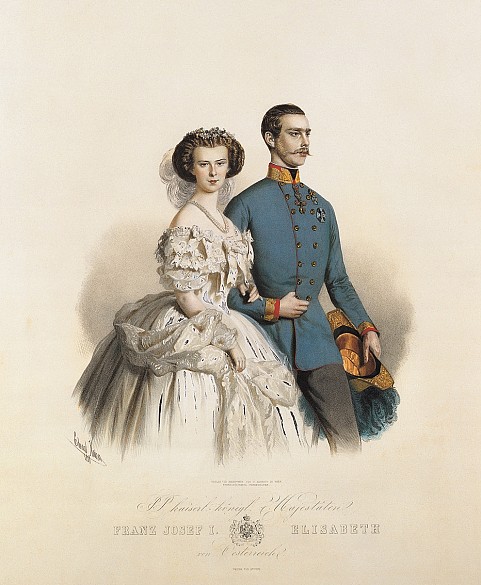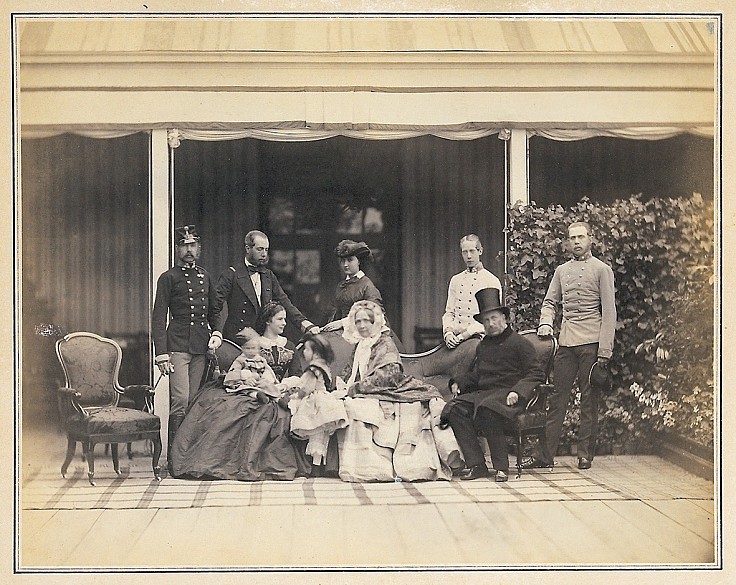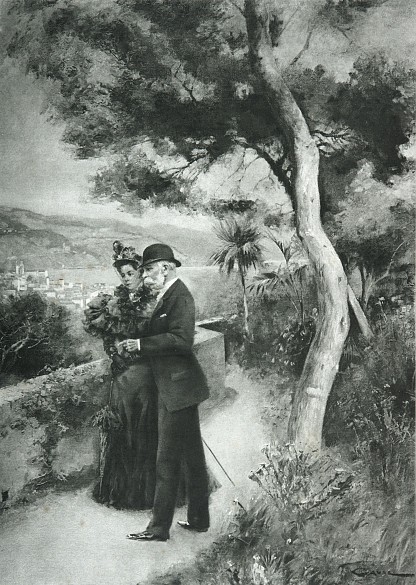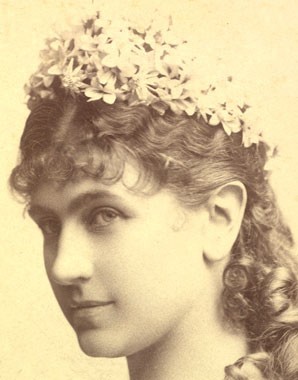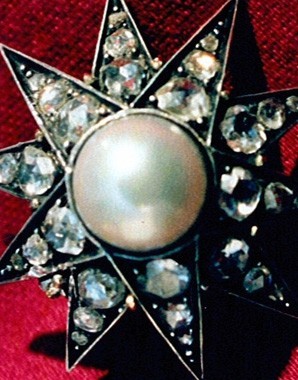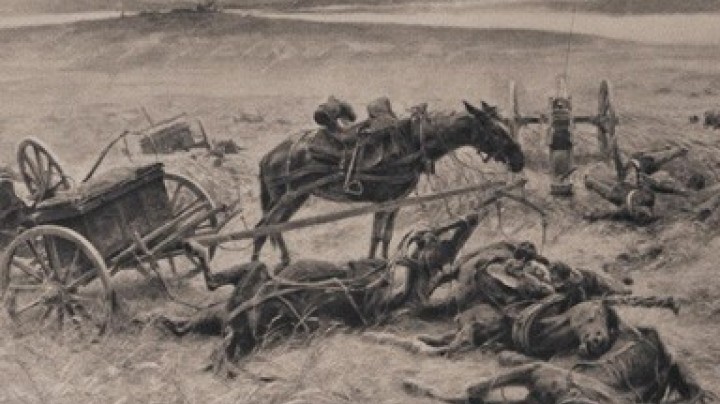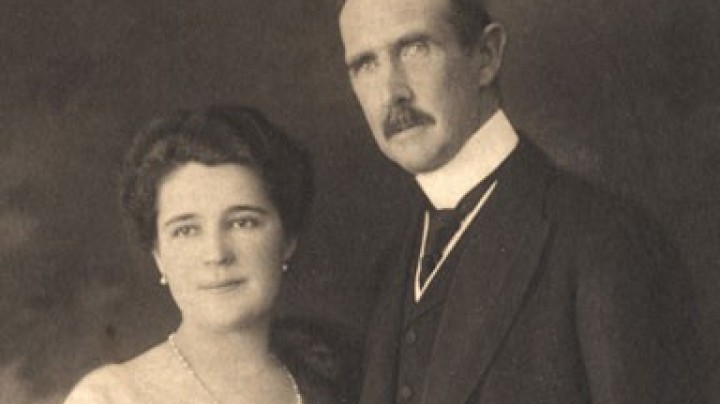Franz Joseph and Elisabeth – and they lived happily ever after?
Franz Joseph and Elisabeth, the ‘perfect couple’ of the Austrian monarchy, have gone down more in the annals of popular literature than in history. The emperor falls in love with a beautiful young princess and takes her back to his palace; such is the stuff of fairytales. But how happy was their marriage in reality?
Young, attractive, ruler of a global empire and – single! Franz Joseph was much in demand on the European aristocratic marriage market. Indeed his mother Sophie, who was extremely ambitious politically, already had concrete plans. On the occasion of her son’s twenty-third birthday, she arranged a party at Bad Ischl, to which her sister Ludowika was invited along with her nineteen-year-old daughter Helene, in the hope that the emperor would take a fancy to his young cousin.
However, events took a different turn, for Franz Joseph – and here, the narration of the famous Sissi film trilogy reflects real history – fell head over heels in love with Helene’s sister, Elisabeth, only fifteen years of age and still very childlike, who in fact was only supposed to play a ‘supporting role’ on the trip. ‘Oh, if only he were a tailor!’ Elisabeth is said to have exclaimed, adding, however, that ‘One doesn’t turn down an emperor!’ Before they even left Bad Ischl, the couple’s engagement was announced.
In 1854, six months later, the ‘dream wedding’ was held in Vienna, and so began a marriage which, for both parties, constituted an extremely unhappy arrangement. Elisabeth found life at Court extremely uncongenial, suffering from the strict protocol, the intrigues and her official duties as empress. However, in the early years, the young empress did strive to live up to expectations. She even fulfilled the most important duty of an empress, giving birth to Crown Prince Rudolf. However, she came increasingly into conflict with the conventions and rules of the Viennese court, personified by her mother-in-law.
Franz Joseph was torn between the wishes of his wife and the demands of his mother. Elisabeth withdrew more and more, and increasingly turned her back on both the Court and her husband. From the 1860s, the couple could no longer be said to have had a married life together. Franz Joseph and Elisabeth maintained a bond of friendship, corresponding and meeting regularly. ‘You have no idea how much I loved this woman’, Franz Joseph is said to have exclaimed after Elisabeth was murdered. With Elisabeth’s full support, she – a constantly-absent spouse – was replaced by Franz Joseph’s ‘dear, good friend’, Burgtheater actress Katharina Schratt, the ageing emperor’s most important source of emotional support.
